H.R. 588: Boundary Waters Wilderness Protection and Pollution Prevention Act
This bill, known as the Boundary Waters Wilderness Protection and Pollution Prevention Act, aims to protect the Boundary Waters Canoe Area Wilderness and interconnected lands within the Rainy River Watershed in Minnesota. Here’s a summary of the main points:
Purpose of the Bill
The primary goal of the bill is to withdraw approximately 225,504 acres of federal land and waters in the Rainy River Watershed from mining activities, safeguarding the area against potential pollution and degradation caused by mining operations.
Background and Importance
- The Boundary Waters Canoe Area Wilderness is a significant 1,090,000-acre federal wilderness area managed by the Forest Service, containing numerous lakes, canoe routes, and cultural sites.
- The area is recognized for its ecological value, including contributing to 20% of the fresh water supply in the National Forest System.
- Mining activities, particularly copper and sulfide mining, pose risks of acid mine drainage that can harm water quality and biodiversity.
- The region is also economically significant due to its tourism industry, which could potentially expand if protected from mining-related impacts.
Key Provisions of the Bill
- Withdrawal of Lands: The bill formally withdraws federal lands in the specified area from all mining operations and related activities.
- Protection Measures: It prohibits entry, appropriation, and disposal of these lands under public land laws, as well as under mining laws.
- Environmental Protection: The bill allows the Forest Service to permit the removal of certain materials (like sand and gravel) only if it does not negatively affect water or air quality in the region.
- Historical Context: The legislation builds on past efforts to eliminate incompatible uses and protect the boundary waters from mining, following a failed withdrawal attempt in 2018.
Rights of Indigenous Groups
The bill acknowledges the rights of the Grand Portage Band of Lake Superior Chippewa, the Fond du Lac Band of Lake Superior Chippewa, and the Bois Forte Band of Chippewa, who retain hunting, fishing, and resource rights throughout northeastern Minnesota, including the Boundary Waters area.
Impact Assessment
Studies cited in the bill indicate that regions with copper-nickel sulfide mining have experienced significant negative water quality impacts. The legislation aims to prevent such outcomes in the Boundary Waters area, which is classified as Outstanding Resource Value Waters under federal and state law.
Relevant Companies
- TC Energy Corporation (TRP): Potentially impacted as they might have stakes in energy projects that could relate to mining operations or water resource management.
- Freeport-McMoRan Inc. (FCX): As a major mining company, they could be affected by the prohibition of mining operations in the designated area.
This is an AI-generated summary of the bill text. There may be mistakes.
Sponsors
33 bill sponsors
-
TrackBetty McCollum

Sponsor
-
TrackYassamin Ansari

Co-Sponsor
-
TrackNanette Diaz Barragán

Co-Sponsor
-
TrackDonald S. Beyer, Jr.

Co-Sponsor
-
TrackJulia Brownley
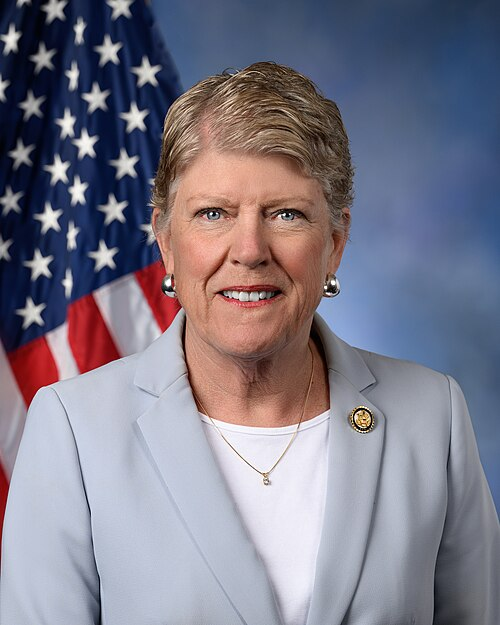
Co-Sponsor
-
TrackEd Case

Co-Sponsor
-
TrackSean Casten

Co-Sponsor
-
TrackJudy Chu
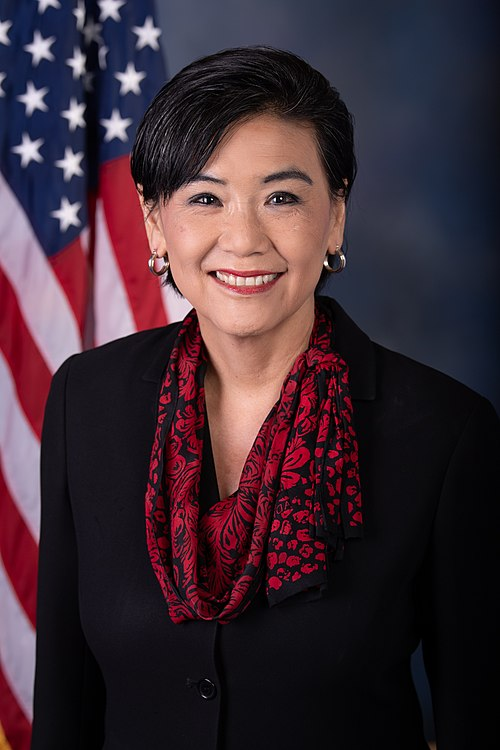
Co-Sponsor
-
TrackSteve Cohen

Co-Sponsor
-
TrackGerald E. Connolly

Co-Sponsor
-
TrackDiana DeGette

Co-Sponsor
-
TrackSuzan K. DelBene

Co-Sponsor
-
TrackDebbie Dingell

Co-Sponsor
-
TrackJesús G. "Chuy" García
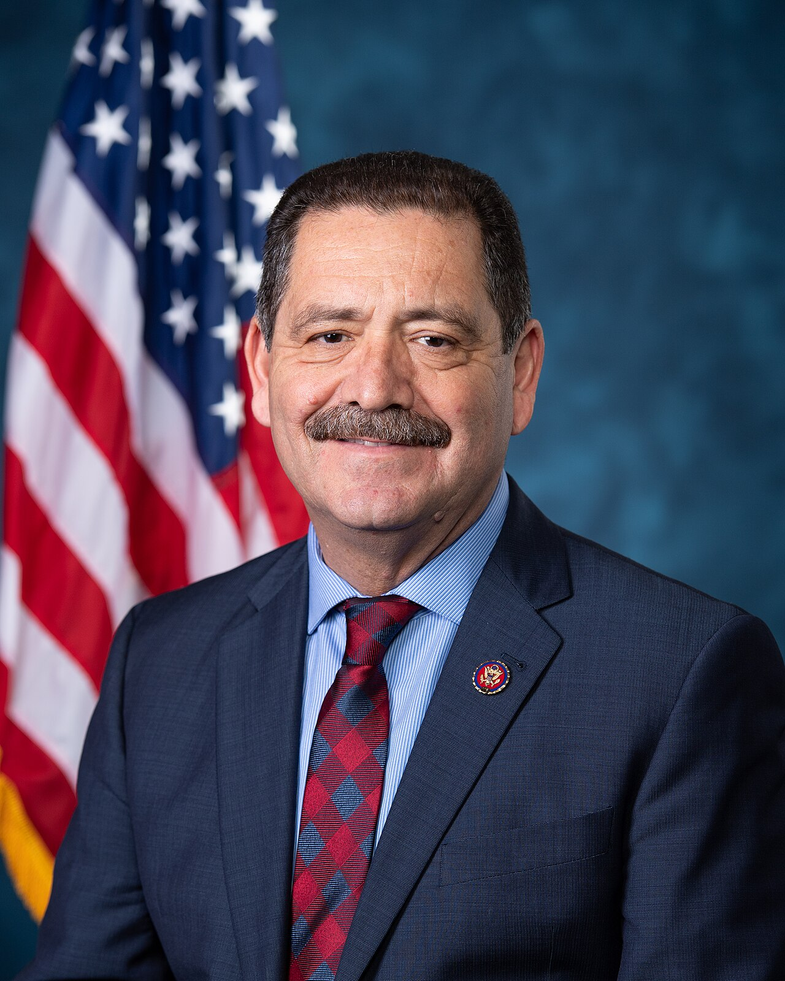
Co-Sponsor
-
TrackJared Huffman

Co-Sponsor
-
TrackMike Levin
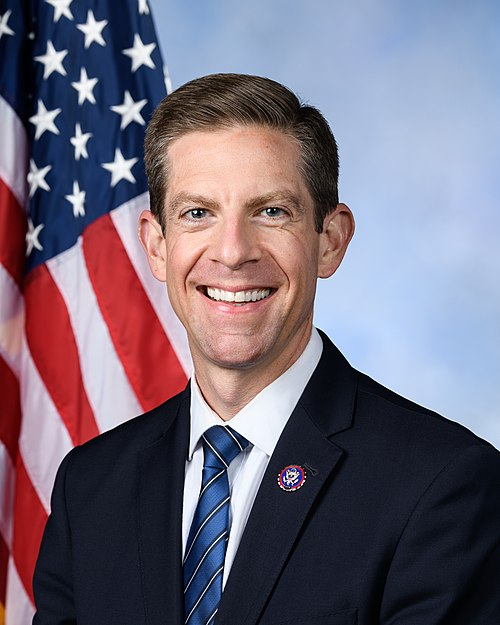
Co-Sponsor
-
TrackTed Lieu

Co-Sponsor
-
TrackGwen Moore
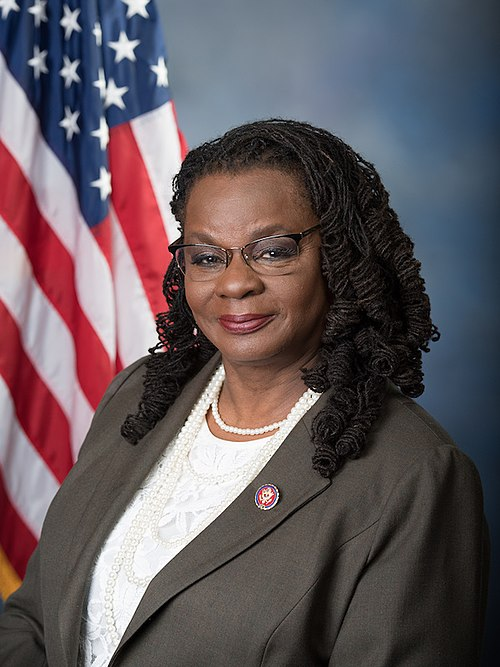
Co-Sponsor
-
TrackKelly Morrison
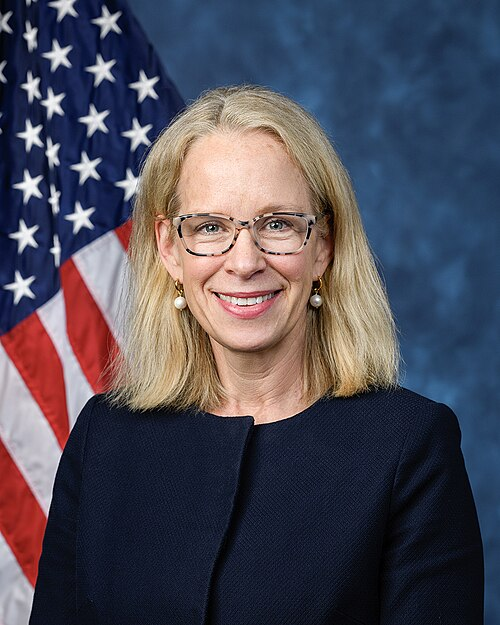
Co-Sponsor
-
TrackJerrold Nadler
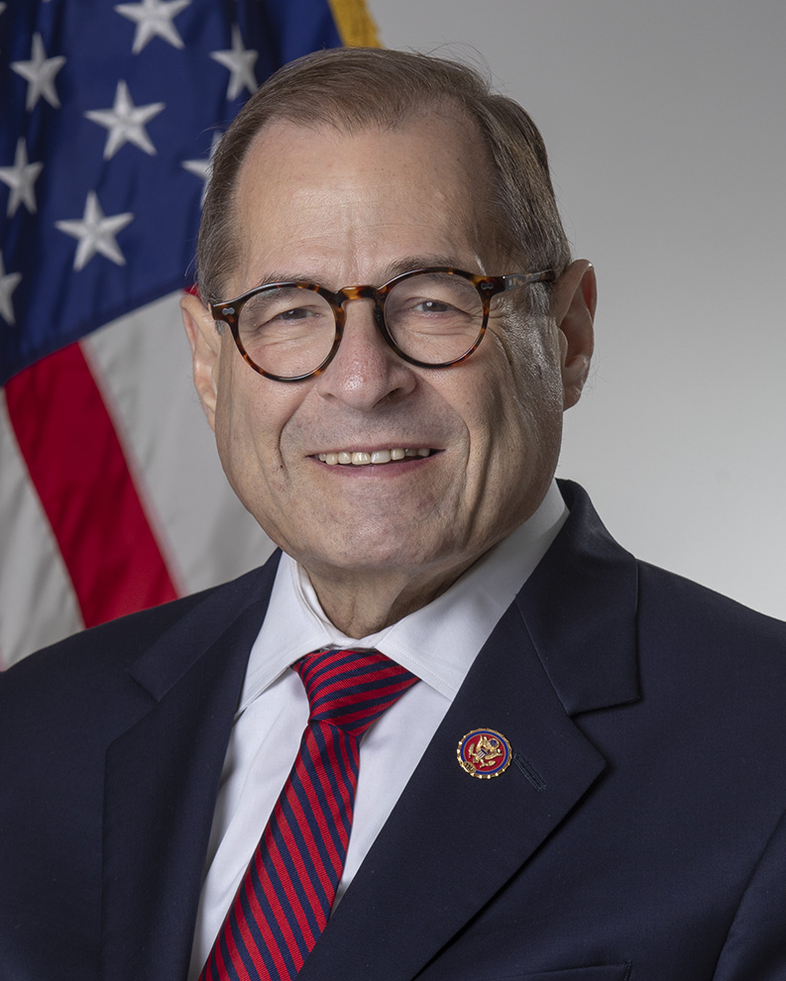
Co-Sponsor
-
TrackJoe Neguse

Co-Sponsor
-
TrackEleanor Holmes Norton

Co-Sponsor
-
TrackIlhan Omar

Co-Sponsor
-
TrackChellie Pingree

Co-Sponsor
-
TrackEmily Randall

Co-Sponsor
-
TrackJamie Raskin
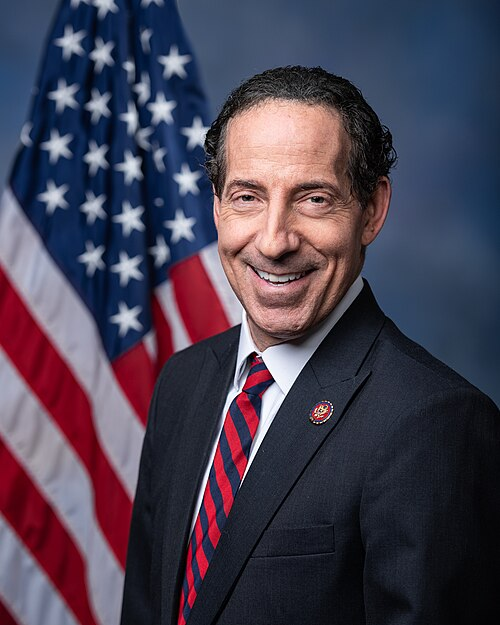
Co-Sponsor
-
TrackJanice D. Schakowsky

Co-Sponsor
-
TrackMelanie A. Stansbury

Co-Sponsor
-
TrackMike Thompson
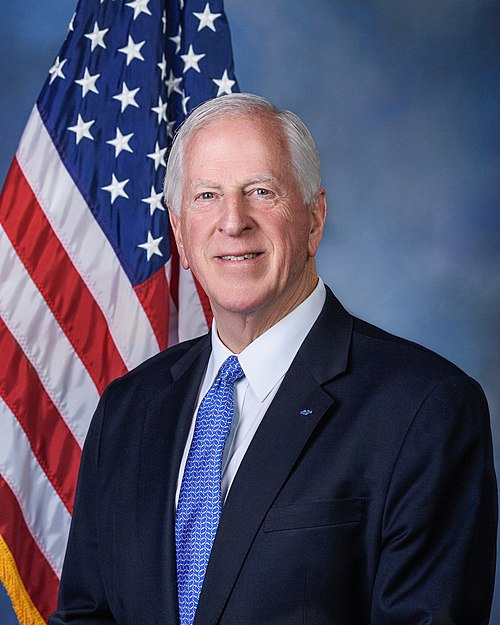
Co-Sponsor
-
TrackRashida Tlaib
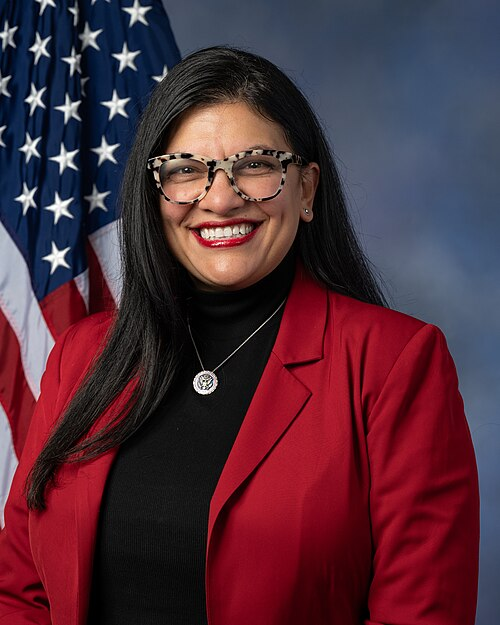
Co-Sponsor
-
TrackJill N. Tokuda
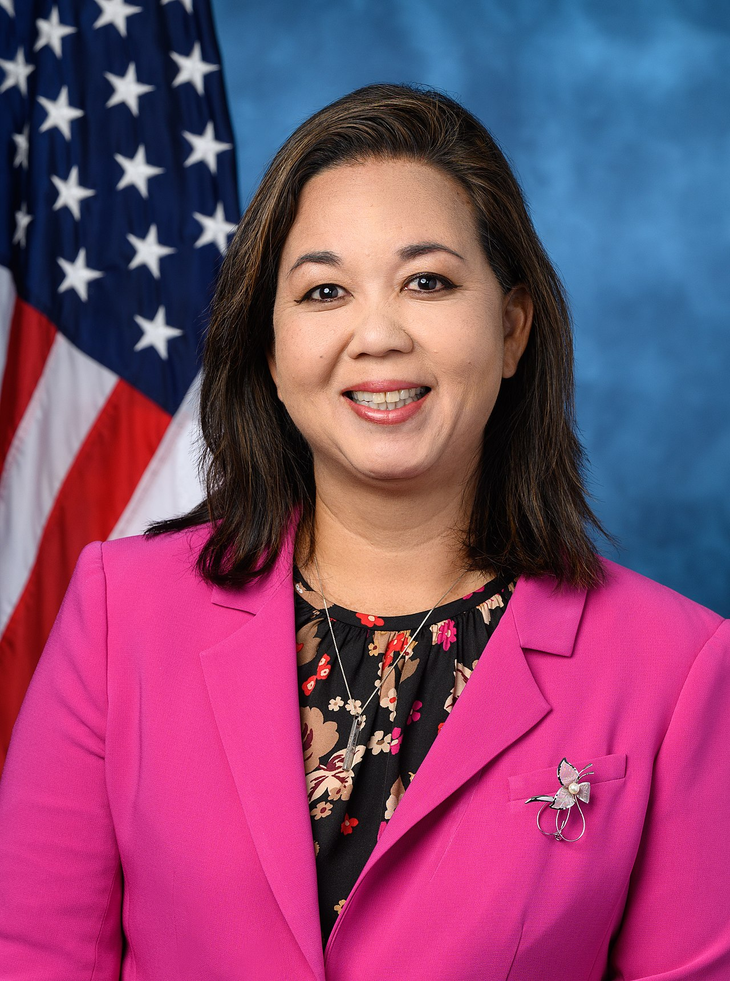
Co-Sponsor
-
TrackPaul Tonko
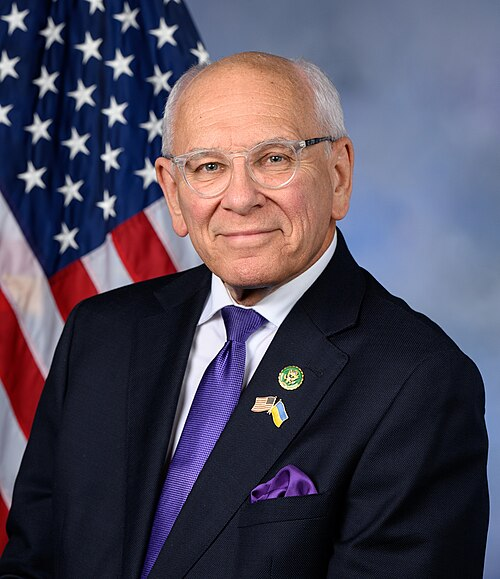
Co-Sponsor
-
TrackNikema Williams
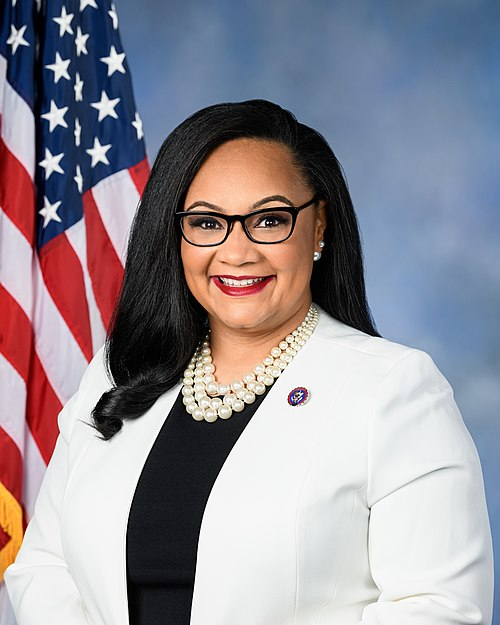
Co-Sponsor
Actions
2 actions
| Date | Action |
|---|---|
| Jan. 21, 2025 | Introduced in House |
| Jan. 21, 2025 | Referred to the House Committee on Natural Resources. |
Corporate Lobbying
0 companies lobbying
None found.
* Note that there can be significant delays in lobbying disclosures, and our data may be incomplete.









